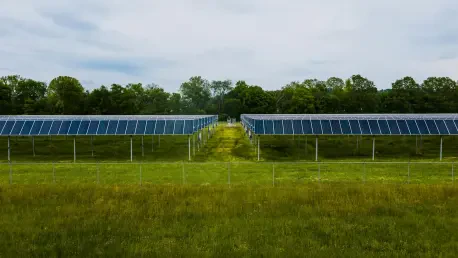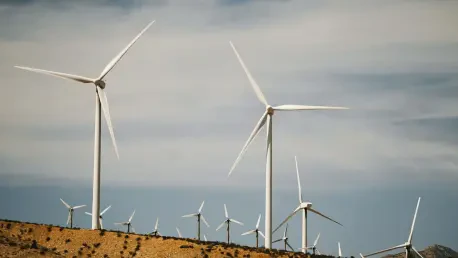
For the first time in over ten years, the European Union (EU) is witnessing a deceleration in its solar energy expansion, an unsettling shift in the landscape of renewable energy growth. The onset of this slowdown has been largely attributed to a curtailment of governmental subsidies specifically

Recent developments in Las Vegas have underscored a significant shift towards solar energy as homeowners increasingly embrace this sustainable energy solution. This growing momentum is largely driven by the unique geographic advantages of the region and impending changes in tax credit policies,

In the heart of the Himalayas, Bhutan faces urgent challenges in its agricultural sector as the country grapples with increasingly unpredictable monsoon patterns. Traditional irrigation practices have relied heavily on gravity-fed systems and seasonal rainfall, proving inadequate as climate change

Following years of significant energy challenges, Puerto Rico is experiencing a transformative shift towards renewable energy, notably solar power and battery storage systems. This shift presents both a solution and hope for an island that has faced dire energy infrastructure hardships exacerbated

With over 80% of the world's energy still derived from fossil fuels, countries now find themselves at a pivotal crossroads. Transitioning entirely to renewable energy is predicted to be the bedrock of future global economies. This seismic shift is garnering attention not just from environmental

Amid growing global concerns over climate change and calls for greener industrial practices, Hancock Iron Ore has embarked on a transformative journey. The company has set its sights on integrating renewable energy solutions into its mining operations in Pilbara, Western Australia. Over recent